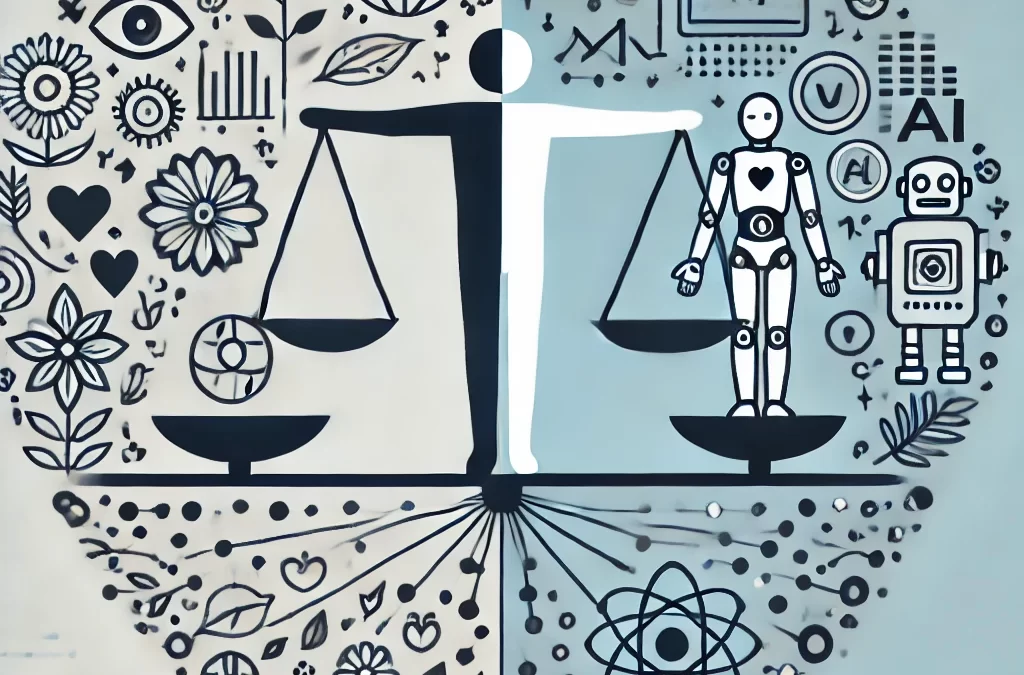To directly address the question of how we can preserve a human future while embracing artificial intelligence, we must focus on the long-term coexistence of humans and AI, emphasizing human dignity, creativity, and societal well-being. Here’s a more focused perspective:
- Redefining Human Value Beyond Labor: As AI increasingly automates routine and even skilled tasks, we must redefine what gives human life meaning beyond work. This could involve promoting creativity, emotional connection, and intellectual pursuits that machines cannot replicate. By shifting from a labor-centric view of human worth to one that celebrates relationships, self-expression, and purpose, we preserve a human-centered future.
- AI as a Collaborative Partner: Rather than viewing AI as a replacement, we should position it as a partner to humanity. The goal is to create symbiotic relationships where AI handles repetitive or dangerous tasks, freeing humans to focus on higher-order thinking, creativity, and innovation. The future of work could emphasize uniquely human attributes like empathy, judgment, and ethical reasoning, where AI plays a supportive role.
- Ethical Frameworks for AI Governance: Building strong global frameworks for AI governance ensures that AI development aligns with human values. This includes establishing norms for privacy, fairness, and accountability in AI systems. Engaging ethicists, philosophers, and civil society in the design and regulation of AI technologies will help preserve human dignity and autonomy in a future increasingly shaped by AI.
- Fostering Resilience in Human Identity: As AI transforms industries and cultures, humans must continuously adapt and redefine their roles. Education systems need to instill flexibility, curiosity, and critical thinking, preparing individuals not just for specific jobs but for a lifetime of learning and reinvention. Emphasizing lifelong learning and emotional intelligence will help humanity remain agile in the face of technological change, preserving a rich, dynamic human experience.
- Safeguarding Creativity and Human Culture: AI can simulate art, music, and writing, but true creativity stems from human experience and emotion. Embracing AI should also mean actively preserving and cultivating human culture, creativity, and the arts. Encouraging creative exploration ensures that human identity, culture, and emotional depth remain at the heart of society, even as AI technologies evolve.
By maintaining a clear focus on human values and purpose, we can harness AI’s potential while safeguarding a future that remains distinctly human.

